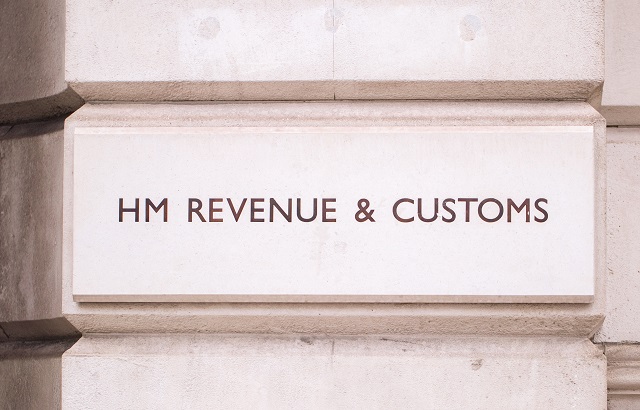HM Revenue & Customs (HMRC) revealed it has refunded around 10,000 people for overtaxing their pension withdrawals in July, August and September 2022.
The total sum for the quarter stood at £33m ($37.8m, €38.3m), averaging at £3,324 per individual.
Jon Greer, head of retirement policy at Quilter, said: “[The] figures from HMRC show pension tax overpayment reclaims remained steadily high in the third quarter of 2022 at £33.1m, a minor dip on Q2’s £33.7 but still 50% higher than Q1 2022.
“The number of claims forms processed also remained very high, highlighting a sustained need for people to access their pension funds as the cost-of-living crisis takes a firmer grip on their everyday finances. Despite so many people needing quick access to their funds, this clunky system results in a drawn-out process that means people have to wait far longer than they may have anticipated to receive the full amount they expected.”
Overtaxation has become increasingly common since the introduction of pension freedoms, because HMRC applies an emergency tax rate when people first withdraw a lump sum from a defined contribution (DC) pot, rather than deducting it at the individual’s normal income tax rate.
Since 2015, the taxman had had to refund a staggering £925m because of this practice.
Steve Webb, partner at LCP, said: “It remains a quiet scandal that tens of thousands of people every year have to fill in forms to get back tax from HMRC which they should never have had to pay in the first place.
“It may be convenient for HMRC to overtax people and then force them to fill in forms to get their money back, but it is hardly putting the customer first. A much simpler system would be for tax to be deducted at the basic rate with adjustments for those who may pay tax at a different rate, including through the annual tax return process. It is time for this scandal to end”.
‘Shock tax bills’
Other industry players agree with Webb’s sentiment.
Tom Selby, head of retirement policy at AJ Bell, also called the issue a “quiet scandal”, adding that the £925m figure only relates of those who actually took steps to claim their money back, as many may not know this is an option or be unaware of how to do it.
He said: “Millions of savers who have accessed their retirement pot in line with the rules rightly expect the government to take the correct amount of tax from their withdrawal. However, HMRC’s approach to the taxation of pensions withdrawals continues to be a quiet scandal that risks exacerbating the cost-of-living crisis for tens of thousands of savers. As inflation tightens its grip on UK households, forcing many to turn to their retirement pots to make ends meet, the problem will likely get worse over the next 12 months.
“Since 2015, the Revenue has chosen to tax the first flexible withdrawal someone makes in a tax year on a ‘Month 1’ basis. This means HMRC divides your usual tax allowances by 12 and applies them to the withdrawal, landing hard-working savers with shock tax bills running into thousands of pounds.
“While those who take a regular income or make multiple withdrawals during the tax year should be put right automatically by HMRC, anyone who makes a single withdrawal will likely be left out of pocket. The damage has been colossal, with a staggering £925m reclaimed through the official channels so far. In the third quarter of 2022 alone more than £33 million was reclaimed by almost 10,000 people, with an average reclaim of more than £3,300.
“The true figure is likely much higher as many of those who have been overtaxed – in particular people on lower incomes who are less familiar with the self-assessment process – will not fill in one of these forms. It is possible to get your money back within 30 days, but only if you fill out one of three HMRC forms to reclaim your money. If you don’t, you are left relying on the efficiency of HMRC to repay you at the end of the tax year. This approach was bad enough before, but with inflation spiking and millions of Brits struggling to make ends meet, it feels particularly cruel.”
Quilter’s Greer followed suit as he said the situation must be “particularly frustrating” for those dipping into their retirement pots to pay for soaring energy and everyday costs.
“Where possible, seeking professional financial advice can help reduce the risk of more tax being handed to the taxman upfront. For example, it is possible to make multiple smaller pension withdrawals, rather than one lump sum, to ensure the majority of the withdrawal uses an up-to-date tax coding, which means you won’t be emergency taxed on the full amount.”








